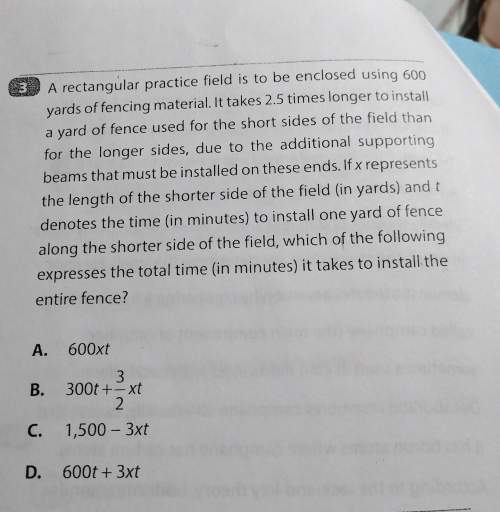
“Americans often preferred not to think about the terrible war in Europe [the First World War]. By 1917, however, US citizens realized that ignoring the war or pretending it had nothing to do with them imperiled their future.
“. . . They realized that they had run out of options. Between 1914 and 1917, Americans had variously hoped that their nation could serve as an arbiter (as it had during the Russo-Japanese War, earning Theodore Roosevelt the country’s first Nobel Peace Prize), the leader of a global peace movement, the center of international arbitration, and the advocate of worldwide disarmament. By early 1917, however, the majority had come to two conclusions. First, as Charles Fremont Taylor, the editor of a Philadelphia-based magazine, articulated, ‘no nation can be a hermit in these days of steamships, railroads, telegraphs, ocean cables, wireless, etc.’ They no longer believed, as they had in 1914, that the Atlantic Ocean provided the country with sufficient protection from Europe’s wars. Second, they believed that their leaders had tried every option short of war only to find the country in an even more perilous geopolitical position.”
Michael S. Neiberg, historian, The Path to War: How the First World War Created Modern America, 2016
Using the excerpt, answer (a), (b), and (c).
Briefly describe ONE piece of evidence used in the excerpt to support the argument made in the excerpt.
Briefly explain how ONE piece of evidence not mentioned in the excerpt could be used to support, modify, or refute the argument in the excerpt.
Briefly explain how ONE process discussed in the excerpt compares with the earlier United States decision to participate in the Spanish-American War.

Answers: 1


Another question on History

History, 22.06.2019 01:30
Which answer best describes an advantage of shipping goods by canal? a) most towns would rather have canals then noisy railroads b) goods could travel very fast downstream in the canal system c) traveling by boat is a much more relaxing way to transport goods. d) heavy loads of goods could travel by boat more easily then if pulled by horses.
Answers: 2

History, 22.06.2019 04:30
After nine states had ratified the constitution by mid-1788, other states quickly followed. all thirteen states had to obey it. it became law in the united states. none of the states had to obey it.
Answers: 1

History, 22.06.2019 07:00
Me! these questions are based on american people in the south essential questions: question 1: for what reasons will one group of people exploit another?focus questions: question 1: what influenced the development of the south more: geography, economy, or slavery?question 2: what were the economic, political and social arguments for and againsts slavery in the first half of the 19th century.
Answers: 2

History, 22.06.2019 07:00
In terms of territory won in the french and indian war, which of the following is a true statement? a. england won the most territory as a result of the war. b. france won the most territory as a result of the war. c. spain won the most territory as a result of the war. d. england, france, and spain all won an equal amount of territory as a result of the war.
Answers: 2
You know the right answer?
“Americans often preferred not to think about the terrible war in Europe [the First World War]. By 1...
Questions



Social Studies, 26.11.2020 20:20



Business, 26.11.2020 20:20

Mathematics, 26.11.2020 20:20

Computers and Technology, 26.11.2020 20:20


Computers and Technology, 26.11.2020 20:20

Biology, 26.11.2020 20:20


Mathematics, 26.11.2020 20:20

Mathematics, 26.11.2020 20:20


Computers and Technology, 26.11.2020 20:20




Mathematics, 26.11.2020 20:20




